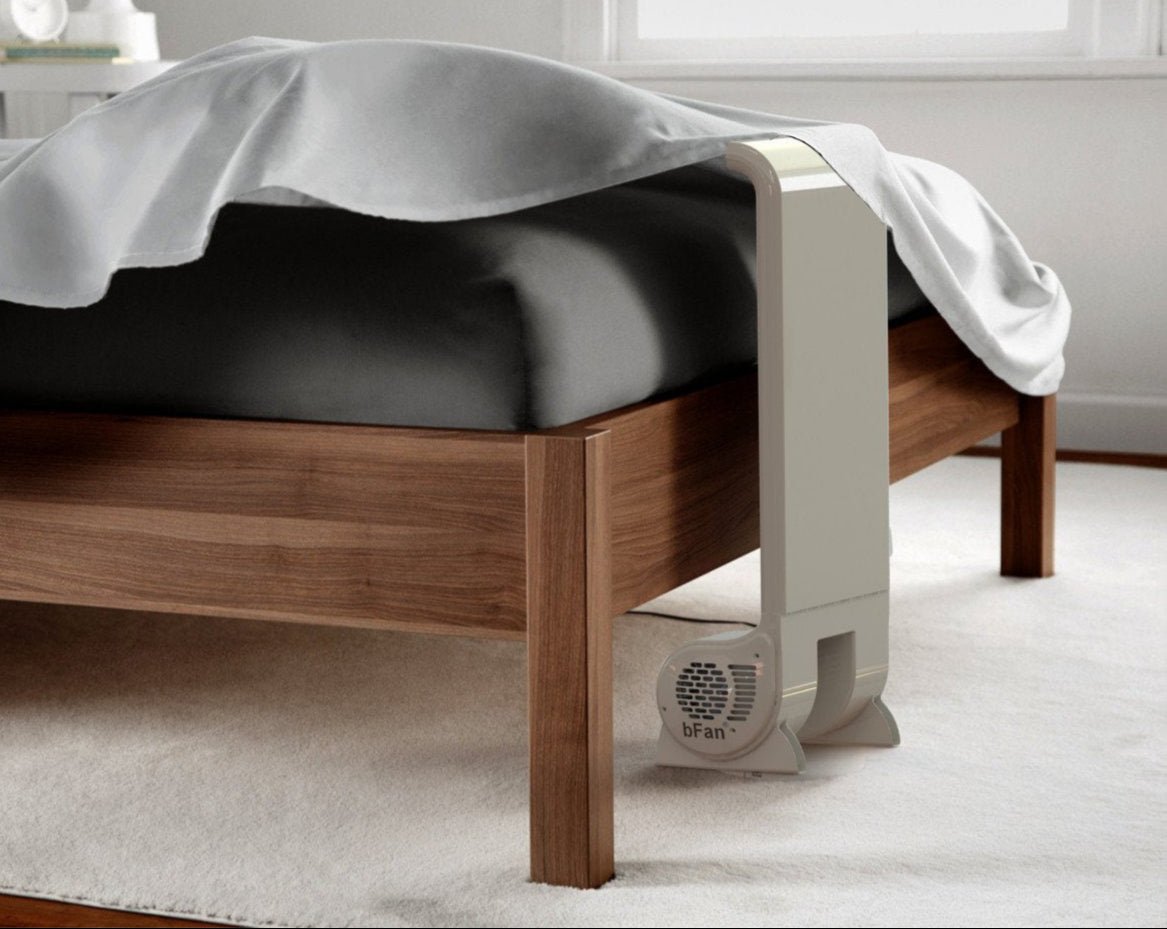Chronic Conditions That Contribute to Night Sweats
What Are Night Sweats?
Night sweats refer to profuse sweating at night that isn't related to environmental factors like overheating. They can disrupt sleep, leading to fatigue and irritability. Chronic conditions often alter the body's thermoregulation, triggering these sweats as the body attempts to cool down. If you're experiencing them frequently, tracking symptoms and consulting a doctor is essential.
Hormonal Disorders Leading to Night Sweats
Hormonal imbalances are a leading cause of night sweats. These chronic conditions disrupt the endocrine system, affecting how your body manages temperature.
- Menopause and Perimenopause: As women approach menopause, typically between ages 45 and 55, declining estrogen levels cause hot flashes and night sweats. These can last for years, affecting sleep and daily functioning. Symptoms include irregular periods, mood swings, and vaginal dryness. Treatment often involves hormone replacement therapy (HRT), though alternatives like antidepressants are available for those at risk.
- Hyperthyroidism: An overactive thyroid gland produces excess hormones, speeding up metabolism and causing heat intolerance and night sweats. Other signs include weight loss, rapid heartbeat, and anxiety. Diagnosis involves blood tests for thyroid-stimulating hormone (TSH), and treatment may include medications, radioactive iodine, or surgery.
- Diabetes Mellitus: Uncontrolled blood sugar levels can lead to night sweats, especially in type 2 diabetes. This chronic condition affects insulin production, causing fluctuations that trigger sweating. Accompanying symptoms are frequent urination, thirst, and fatigue. Management includes lifestyle changes, medications, and monitoring blood glucose.
Infectious Diseases and Night Sweats
Chronic infections can persist in the body, leading to recurring night sweats as part of the immune response.
- Tuberculosis (TB): This bacterial infection, often affecting the lungs, causes night sweats, cough, and weight loss. It's chronic if untreated and spreads through air. Diagnosis uses skin or blood tests, and treatment involves a course of antibiotics.
- HIV/AIDS: The virus weakens the immune system, leading to night sweats in advanced stages. Symptoms include fever, swollen lymph nodes, and opportunistic infections. Antiretroviral therapy manages the condition long-term.
- Endocarditis and Osteomyelitis: These are infections of the heart lining and bones, respectively, causing persistent fever and night sweats. They require prolonged antibiotic treatment and sometimes surgery.
- Brucellosis: A bacterial infection from unpasteurized dairy or animals, leading to chronic symptoms like night sweats and joint pain. Antibiotics are the standard treatment.
Cancers Associated with Night Sweats
Night sweats are a classic "B symptom" in certain cancers, indicating systemic involvement.
- Lymphomas (Hodgkin and Non-Hodgkin): These lymphatic system cancers cause enlarged lymph nodes, fever, and drenching night sweats. Treatment includes chemotherapy, radiation, or immunotherapy.
- Leukemia: Blood cancers like chronic lymphocytic leukemia can trigger night sweats due to abnormal cell production. Symptoms include fatigue and easy bruising; treatments vary from watchful waiting to chemotherapy.
- Carcinoid Tumors: Rare neuroendocrine tumors that release hormones, causing flushing and night sweats. Surgery is often the primary treatment.
Neurological and Mental Health Conditions
The nervous system plays a key role in sweating regulation, and chronic issues here can lead to night sweats.
- Anxiety Disorders and PTSD: Chronic stress elevates cortisol, raising body temperature and causing sweats. Therapy, medications like SSRIs, and relaxation techniques help manage symptoms.
- Autonomic Neuropathy: Damage to nerves controlling involuntary functions leads to abnormal sweating. It's often linked to diabetes or autoimmune diseases, with treatments focusing on underlying causes.
Autoimmune and Other Chronic Conditions
Autoimmune disorders inflame the body, potentially causing night sweats.
- Rheumatoid Arthritis and Lupus: These cause joint pain, fatigue, and sweats due to immune overactivity. Immunosuppressants and anti-inflammatories are common treatments.
- Gastroesophageal Reflux Disease (GERD): Acid reflux can trigger sweats at night. Lifestyle changes and medications like PPIs provide relief.
- Obstructive Sleep Apnea: Breathing interruptions lead to sweats from stress on the body. CPAP machines are effective.
- Substance Use Disorders: Chronic alcohol or drug use disrupts sleep and causes sweats. Recovery programs and therapy are key.
When to See a Doctor
If night sweats persist, accompany weight loss, fever, or swollen nodes, seek medical evaluation. Initial tests may include blood work, imaging, or TB screening.
Management and Prevention Tips
While treating the underlying condition is vital, lifestyle adjustments help: use breathable bedding, avoid triggers like caffeine, and practice relaxation. For menopause, HRT or alternatives work well.
Recommended SEO Strategies
- Conduct keyword research using tools like Google Keyword Planner to target terms like "night sweats causes chronic."
- Optimize on-page elements: Use H1/H2 tags, include primary keywords in the first 100 words, and add alt text to images.
- Build backlinks from reputable health sites for authority.
- Ensure mobile responsiveness and fast loading times.
- Incorporate internal links to related articles, like on menopause symptoms.
- Use schema markup for health content to enhance search visibility.
- Update content regularly with new research for freshness.

The bFan Bedfan
Stop Sleeping Hot
Order your fan today and stop night sweats so you cab get the rest you need.
